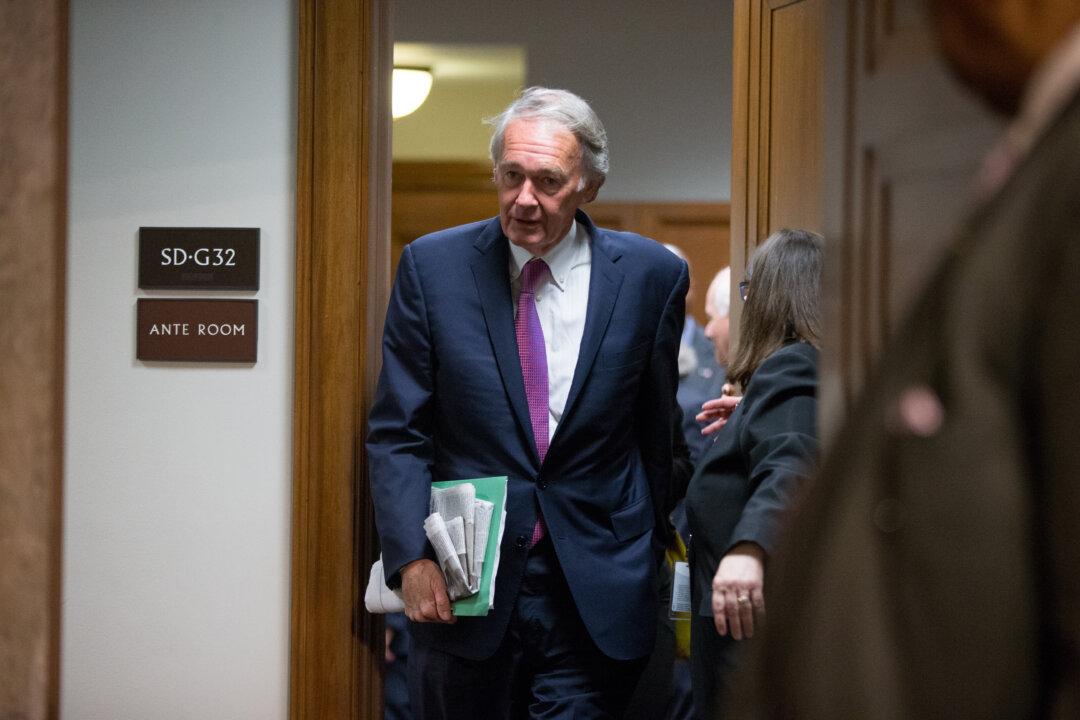Sen. Ed Markey (D-Mass.) said that some Americans should be provided $12,000 in the midst of the CCP virus pandemic.
Markey along with Sens. Kamala Harris (D-Calif.) and Bernie Sanders (I-Vt.) have, for months, sought to provide $2,000-per-month payments to “everyone,” lasting “until the end of this crisis,” said Markey.





